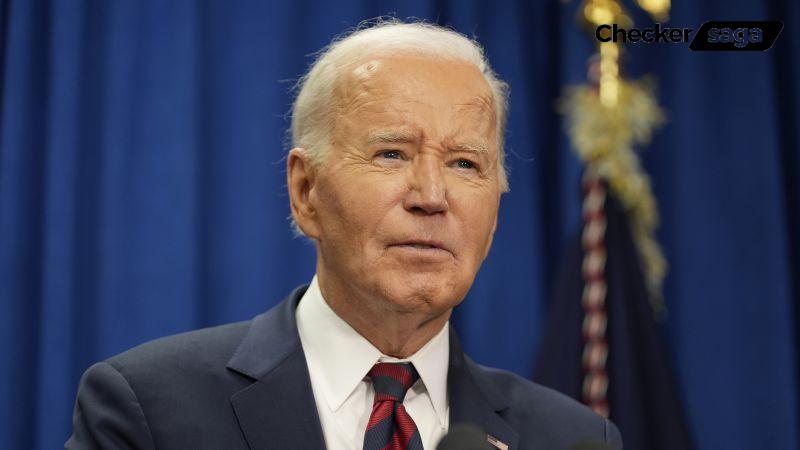In a surprising move just before leaving office, President Joe Biden issued a series of pardons aimed at protecting several high-profile individuals from potential legal challenges under the new administration of Donald Trump. This action has sparked a wave of conversations across the political landscape about the motivations and implications of such unprecedented pardons.
Unprecedented Pardons for High-Profile Figures
On Monday, President Biden granted preemptive pardons to notable figures including General Mark Milley, Dr. Anthony Fauci, and members of the January 6 committee. These pardons were designed to shield them from any political reprisals that may come as a result of the actions taken by the former president and his supporters during their tenure and in the lead-up to Biden’s presidency.
A Shield Against Political Prosecution
- The pardons are intended to protect the recipients from what Biden described as “baseless and politically motivated investigations.”
- He emphasized that these actions were necessary due to the intense criticisms and threats faced by these individuals from Trump and his allies.
- This proactive measure raised eyebrows as it came at a time when there is significant focus on the implications of power transitions in the U.S.
Biden: Protection Outweighs Implications
Biden stated that these pardons do not imply guilt but are necessary to uphold the values of justice and the rule of law. He reflected on the unusual circumstances surrounding his decision, highlighting a deeper concern for the integrity and safety of these individuals who played significant roles in his administration and others’.
Surprised Lawmakers and Grateful Recipients
Many members of Congress who served on the January 6 committee were taken aback by Biden’s decision, as it came with little warning and stirred discussions about accountability and justice. Notably, many of those granted pardons, including Milley and Fauci, expressed their gratitude for the protective measures taken by the president.
Reactions from Trump’s Team
In response to these unprecedented pardons, Trump’s incoming deputy chief of staff did not hesitate to criticize the decision, stating that it represents an attack on America’s justice system. This statement indicates how polarized the political environment remains, with both sides engaging in heated debates regarding the pardons’ implications for future governance.
Legal Experts Weigh In
Some legal analysts have expressed skepticism regarding the effectiveness of these pardons. While they endow protection against federal charges, they do not shield the recipients from congressional investigations that may arise in the future. The legal community continues to discuss the potential ramifications of these actions on presidential powers moving forward.
Table: Key Pardons Issued by Biden
| Name | Position | Reason for Pardon |
|---|---|---|
| General Mark Milley | Former Chairman of the Joint Chiefs of Staff | Protection from political prosecution |
| Dr. Anthony Fauci | Former Director of the National Institute of Allergy and Infectious Diseases | Shielding from backlash over pandemic response |
| Members of the January 6 Committee | Various Congress Members | Protection against politically motivated investigations |
As this political saga unfolds, it’s clear that President Biden’s bold actions have not only provided immediate relief for those impacted but have also added layers of discussion regarding the nature of political accountability, justice, and the ongoing power struggle in the U.S. political arena.
























